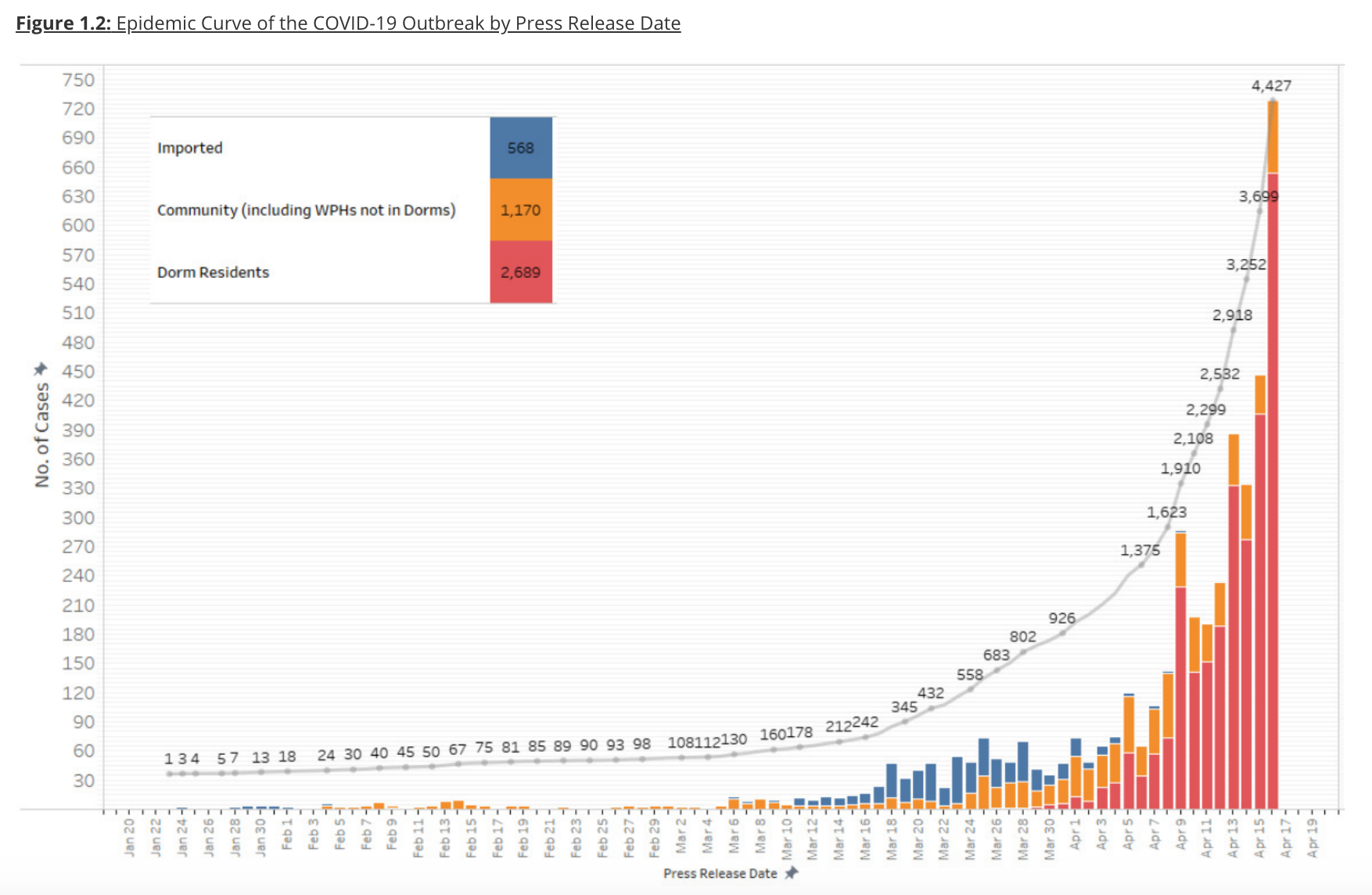I almost didn’t work on this issue today because I hadn’t realised it was already Friday. I’m seriously losing track of time here.
Here’s A Nice Thing — GIVEAWAY!

Last week, I offered to give out 10 Ethos Books gift cards. I still have 2 left, but I have more good news…
A reader of We, The Citizens liked the idea of giving out gift cards to support local businesses and also do something nice for someone else, and has sponsored another 20 Ethos Books gift cards. Adding in the two I have left, I have 22 Ethos Books gift cards to give out to anyone who would like a Nice Thing this week. Just reply to this email, or click the button below, and I’ll send you one.
This is a good way to support local businesses—many of whom have gift cards, not just Ethos Books—and also pay it forward. If anyone would like to sponsor a giveaway (up to you what gift cards you’d like to buy, and how many), I would be happy to facilitate, so please get in touch. It would be great if we could keep this going week after week!
As usual, the news is dominated by COVID-19 stuff. It’s getting to the point where I think it’s no longer that helpful to do things chronologically, so I’m not just focusing on links to piece from the past week, but grouping things together to give as clear a picture as I can.
How stretched are our healthcare services?
I think it’s safe to say that Singapore isn’t doing great at flattening the curve right now. This is the graph as of 16 April:

This isn’t really surprising, because testing has been stepped up for migrant workers in dormitories, so we’re going to be finding a lot more cases, which isn’t necessarily a bad things since these people will be in need of medical attention.
But what is the impact of this steep increase on our healthcare system? There hasn’t been a lot of information on this, although we can see from how steps are now being taken to decant patients elsewhere that there’s a need to make more room in hospitals. Experts told the Straits Times yesterday that the system is stretched, although we haven’t yet got specific details about how stretched.
As an example from elsewhere, I really appreciated the clear way Angela Merkel linked transmissions to the strain on Germany’s healthcare system:
Another reminder of the importance, for those of us who can, to stay at home! For those who can’t stay at home, we need to figure out how they can maintain safe distancing at all times—essential workers have complained that the reduced frequency of public transport has made it harder for them to maintain distance from one another when going to work.
In other healthcare-related news, though, three cheers for Sudesna Roy Chowdhury for putting together a website that allows medical personnel to communicate better with Bengali-speaking migrant workers!
How is the situation with the dormitories?
We’re in, as a friend has put it, “no good solution” territory. 12 purpose-built dormitories have been gazetted as isolation areas, and all the other purpose-built dorms, plus about 1,200 factory-converted dorms, have been effectively put on lockdown.
Men, starting with those in essential services, are being moved out of the dorms. All sorts of options are on the table, from empty HDB flats to car parks to floating lodging to maybe even cruise ships. And thankfully there are also good employers who have pulled their workers out of dorms and put them up in hotels.
Medical teams have been dispatched to swab thousands of workers so they can be tested for COVID-19—a big thank you to the medical and lab staff who are working hard here—but things are still uneven, as TWC2 points out: in this case, a migrant worker tested positive and was removed to be isolated, but none of his other roommates have been tested yet. Given the sheer number of workers that need to be tested, TWC2 says we also have to consider other options, like pool testing.
The government is controlling access to these dormitories and alternative accommodations at the moment. I can see why they want to do this, but the Community Action Network makes the important point that there needs to be independent reporting at this time.
There’s an initiative underway to raise money to provide meals to workers in factory-converted dorms. Please donate if you can.
Can Singapore really go back to “normal”?
I recently wrote an op-ed for the Washington Post arguing that we can’t revert to status quo with migrant workers in Singapore after this emergency is over. In fact, there’s a lot that needs to be rethought worldwide, as the pandemic highlights inequality and injustice everywhere.
This is an invitation to all of you to think about what the coronavirus outbreak has prompted you to think about, and what you’d like to see change in the future. You don’t have to share it with everyone, but if you would like to do so, you can leave a comment:
In terms of how things should change for migrant workers, the Centre for Culture-Centred Approach to Research and Evaluation (CARE) has released a White Paper on accommodation and food, based on interviews with workers. In it, the workers make recommendations about what needs to be done to improve their living conditions.
Found this useful? Want to tell your friends about the giveaway? Feel free to share this!

